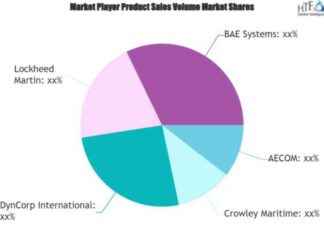The increase in raw materials and increasing the price of light and transport are problems that are already moving at the price of food.
Many manufacturers and brands recognize that they are increasing the prices of their products to protect the business, because they can not continue assuming the rise in costs and cutting their margins.
It is the case of the Campofrío company, which is studying it and sees it as “something that needs to face if the thing continues,” according to his CEO, Javier Dueñas.
Last week was Heinz’s CEO that admitted that the group had already climbed the prices of their products to face this triple cost increase.
«This inflation is already emerging and will be the same or even worse,” said yesterday the president of the Association of Companies and Manufacturers of the Grand Consumption sector (AECOC), Ignacio González, during the annual Congress of this employers representing a
More than 30,000 companies.
“When companies have cost increases they try to absorb it so that it does not have an impact on the consumer, but we are condemned to have inflation,” the employer said.
This impending price increase yesterday focused a large part of the debate during the first day of this congress where the entrepreneurs of the sector are quoted.
It is usually, however, a taboo theme for companies, who are aware that the consumer is very sensitive to price increases.
“Inflation is a reality that we have before.
Many things are happening and this has forced to review the product portfolio, “the director of Campofrío confessed.
Another group that recognizes that it has risen its prices “in some products” is angulas aguinaga (matrix company of brands such as the North Gulle or Krissia).
“We have to be able to protect the financial structure, which is what moves everything we do, to be able to continue.
Not only is it a price theme, but a business model, “says Chief Executive Director, Ignacio Muñoz.
Frit Ravich, brand of potatoes, snacks and nuts, also admitted yesterday that he has done the same.
The food industry also recognizes the impact of the increase in light, although it does not propose to stop its production therefore, as if they have made companies in other sectors.
The third great problem they face is the tension in the supply chain, caused by a demand greater than supply and transport problems from China.
At this point, many companies have reviewed their policy of replenishment of raw materials, so they entrust them in advance and higher amounts, to avoid shortage.
In the case of Campofrío, for example, they recognize that they are having problems finding some materials in the local market and that is why they are increasing the stock or even homologating alternative materials.
These problems “generate many uncertainties” and “extraordinarily complicate the situation” derived from the pandemic, at a time when, in addition, “should emerge part of the savings that households have contained and that is fundamental as a short-term solution”,
According to González.
Remember that the cost of raw materials in the global market has grown by 22% and that of maritime transport, 328%, although the problem “is no longer the price, but availability”.
“This juncture is a huge challenge for a competitive sector that has little margin.
There is a solution in the short term, which is that it emerges savings, but for that you have to generate trust ».






